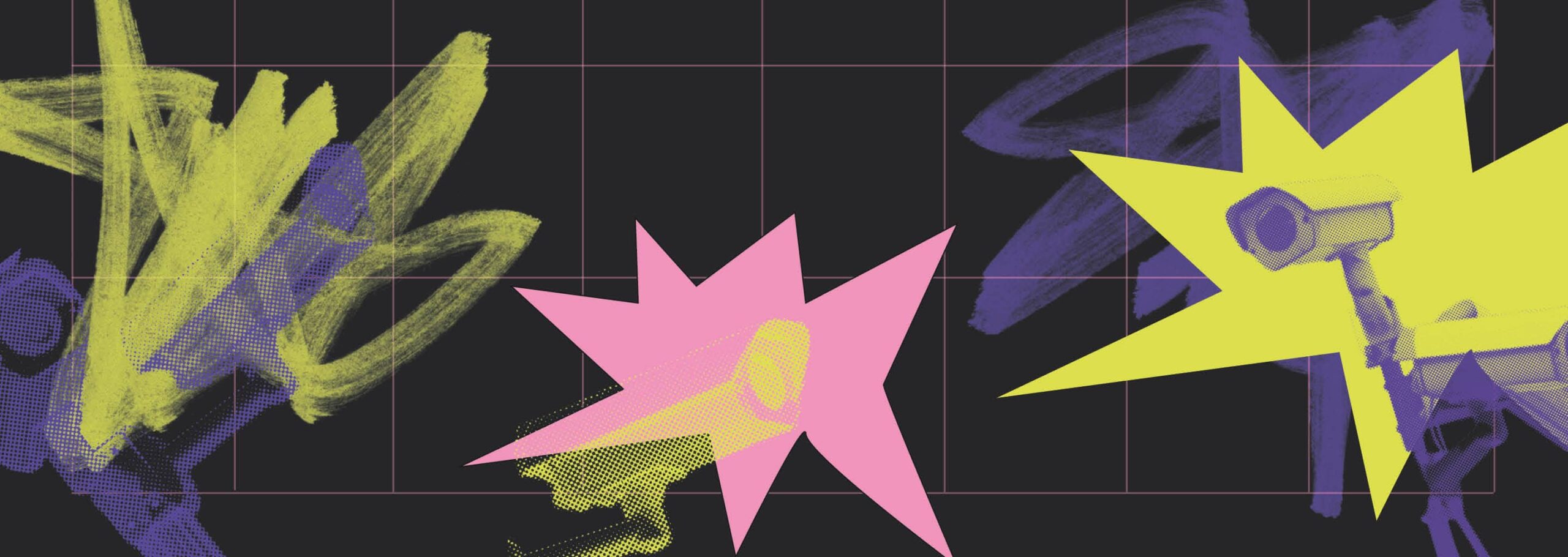Privacy? Who Cares
Whitney Wygant

How The Lack of Concern for Privacy threatens Alternative groups.
Out there, in the ones and zeros of a datacenter, there is a timeline of your life through your location history. Collected from each time you mindlessly agree to each terms and service agreement; and sold to data brokers to analyze your habits to better sell you products. Capitalism will sell everything about your life if it makes money. The worst part of this surveillance state is that most of us are apathetic to its existence. Back in 2013, people were appalled by the spying done by the NSA that was revealed by Edward Snowden, and yet today we let applications track our purchases, our movements, our messages, our calls, our emails and even allow them to listen in on conversations. The surveillance state is not your friend, and it is not something to be apathetic about.

The way that the United States finds its political dissidents is through what they call SIGINT, or signals intelligence. Signals intelligence refers to the branch of intelligence that monitors communications and electronic signals. This intelligence is not limited to foreign agents, with agencies such as the NSA tasked specifically to gather intelligence on both foreign and domestic ‘threats’. Such intelligence is made much easier when the government can simply buy your data from a third party, as they do not need a warrant or any probable cause. Acts such as the Patriot Act allow them to do this, under the guise of national security. This is how high priority individuals are tracked by the US government, with a prominent example being the raid on Osama Bin Laden. The NSA itself admits to tracking Bin Laden through this intelligence, directly saying so in a podcast about how they use SIGINT to spy on the enemies of the US. What should make the discerning reader wary is that violence developed internationally eventually comes home to roost.
Who does not need to be concerned about their privacy?
The surveillance state as such will never be a problem for those in the majority. Those whose digital footprint fits in with the norm will never be examined. These people who will never be examined are those who willingly give up their own autonomy to seek more power or higher social standing in the hegemony. They are the people who would step over the bodies of their fellow man for a slightly better social standing. These people’s data will fall into the sea of millions of practically identical lives. The surveillance state’s attention is particularly pointed towards the minority, the political dissident, and the revolutionary. All three present problems for the current hegemony and will be flagged by artificial intelligence and human analysists alike, as they scrub the petabytes of data for potential problems.
Would it ever be possible for Lenin to mount a revolution in Russia if his movements were known to the government? What if they could track every person entering and leaving a meeting at your local communist party meeting, or even to a protest? Countries such as China have already taken a hard stance on this, cracking down on the protesters in Hong Kong by tracking their locations during the unrest. For the person resisting US imperialism, understand that the government has likely already flagged you for this, based on what you purchase, your social media likes, what groups you are in, and so on. This hurts the revolutionary the most, as the days of operating without being tracked are long gone. Even if one leaves their phone at home during this process, you can still be tracked through CCTV, facial recognition, and if you have made enough enemies in the government can even be surveilled by drones.
For those who are not actively attempting to overthrow the hegemony, such as the political dissident and the minority, their divergence from the norm draws more attention from the government. Even when a minority conforms to the majority’s habits and patterns, the factor of their difference makes them stick out more. This perpetuates the persecution of these groups, both enforcing the hegemony and perpetuating generational problems. Surveillance enhances and amplifies the bias already found in the systems of law enforcement and the correctional institutions that are already apparent.
In the realm of law enforcement, this is readily apparent. Police get dispatched more to areas of potential ‘risk,’ which are typically poor and minority neighborhoods. This higher rate of police presence leads to more crime observed and reported in these areas. If you give more people hammers, more problems will seem like they are nails. By this, I mean confirmation bias. What results is a negative feedback loop that will happen with minorities and surveillance as well, as the surveillance of these groups goes up when one member raises the attention of the government. Evidence for this can be seen in the wake of attacks such as the September 11th attacks, where islamophobia led the government to use the expansion of surveillance to persecute a bias against members of the Islamic community.
This led to a self-confirming bias, where the feedback loop of looking more deeply into any group would then provide more insight into criminal activity. This problem is even more compounded with artificial intelligence. With a human behind surveillance, at least one can criticize bias and make them aware of it. The petabytes of data the government stores are not analyzed by humans however; they are fed into a black box which decides for the government which people to pay attention to. Such programs cannot be checked for bias, and their reasoning in making decisions cannot be questioned. When an AI system is trained, it looks for patterns just as we humans do and will reproduce the same feedback loop. This means that areas and neighborhoods deemed ‘high risk’ will then be targeted more because of the increase in found crime based on the deployment of more police officers.
Privacy is something more important to minority communities because of the difference in power between them and the majority. For those in the majority, or those who can pass as such, they enjoy the privilege of not being targeted nearly as much by the surveillance state. The very nature of surveillance and crime detection leads to persecution of those who lie outside the majority, at the expense of actually preventing crimes done by said majority. Your data will be used to squash a worker’s rebellion and the next political upheaval. If you care about making real change, care about your right to privacy.



